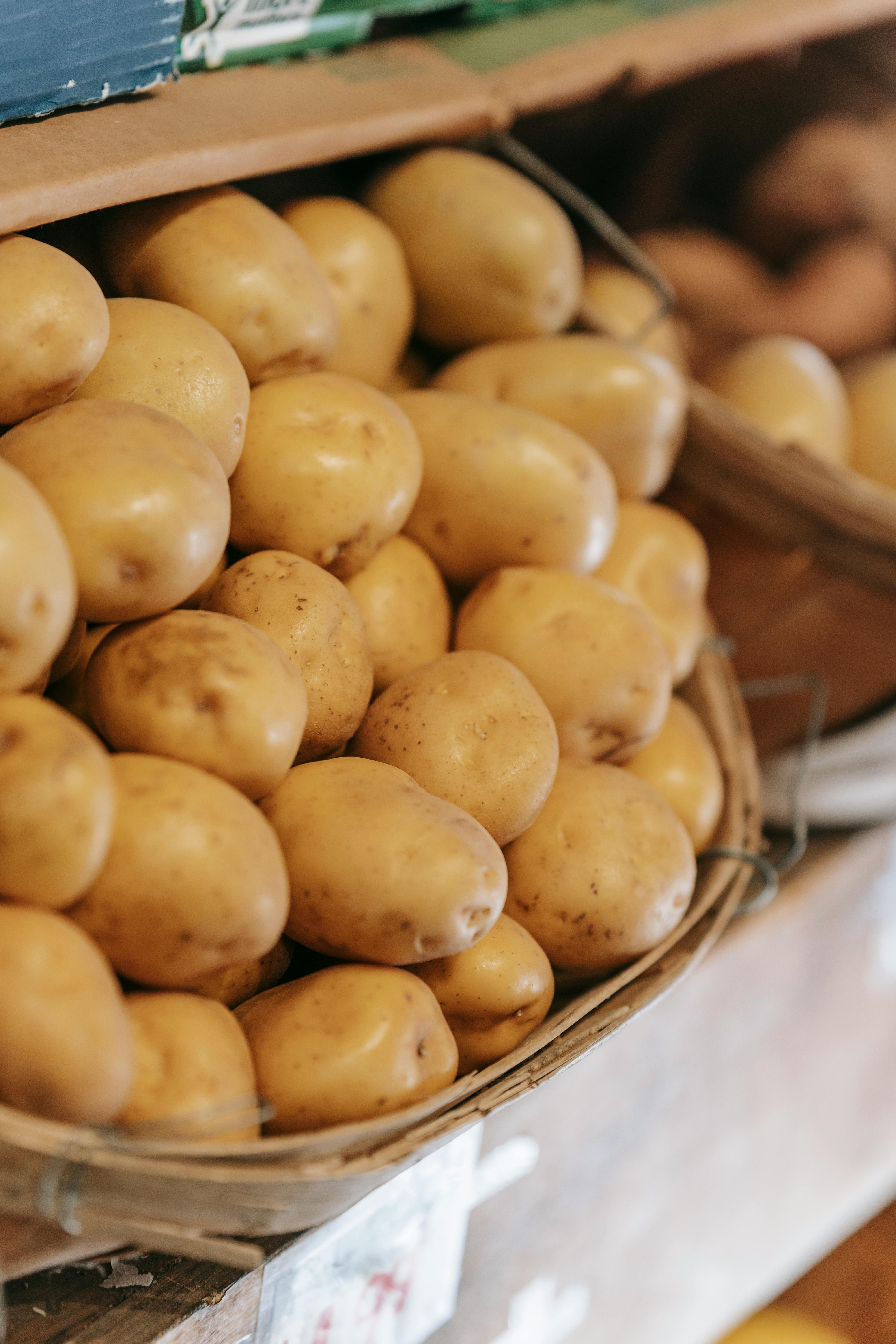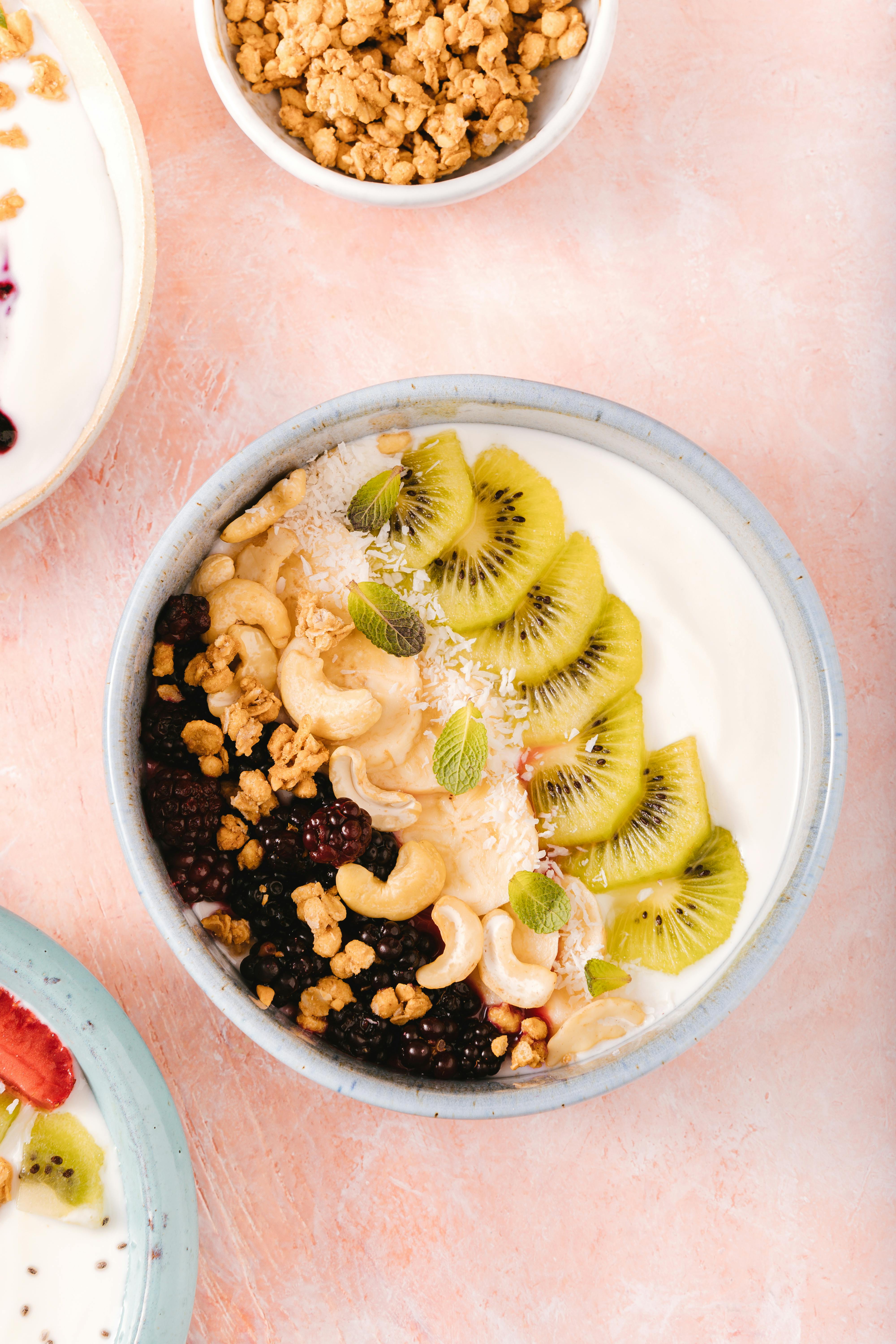Effective Ways to Optimize Your MD Diet for 2025 Results

Effective Ways to Optimize Your MD Diet for 2025 Results
The Mediterranean diet (MD diet) offers a plethora of benefits, from promoting heart health to aiding in weight loss. As we head into 2025, it's crucial to optimize this popular diet to align with evolving nutritional guidelines and modern wellness trends. This article will explore effective strategies that can enhance your Mediterranean diet, including meal planning, choosing nutrient-dense foods, and maintaining portion control. By understanding the principles of the MD diet and how to implement them effectively, you can create balanced meals that cater to your health goals.
Moreover, the integration of healthy eating habits is key to achieving lasting lifestyle changes. We'll provide insights into meal prep, the benefits of using olive oil, and practical tips for incorporating more fresh vegetables and whole grains into your diet. You’ll also learn how to navigate social eating situations and manage your food choices effectively.
By the end of this article, you'll have actionable strategies to not only optimize your MD diet but also to enhance your overall well-being and improve your body composition. Let's dive deeper into the essential components that make this diet a cornerstone of healthy living.
Understanding the Foundations of the Mediterranean Diet
Before optimizing your Mediterranean diet, it's important to grasp its foundational components. The MD diet emphasizes a balance of food groups that are both nutritious and delicious. Central to this dietary approach are fruits, vegetables, whole grains, lean proteins, and healthy fats, particularly from olive oil.
Core Food Groups of the MD Diet
The core food groups of the Mediterranean diet contribute to its numerous health benefits. Fresh vegetables, such as leafy greens, tomatoes, and peppers, should dominate your meals. Fruits like berries and citrus provide essential vitamins and antioxidants. Whole grains, including brown rice and whole wheat bread, serve as a key source of dietary fiber, which is important for digestive health.
Lean proteins, particularly fish and poultry, support muscle health and are low in saturated fats. Emphasizing these food groups not only enhances your meals but also aligns with heart health recommendations. An optimal MD diet largely relies on these components, ensuring a nutrient-dense and balanced approach to eating.
The Role of Healthy Fats
Healthy fats are crucial in the Mediterranean diet, as they contribute to cardiovascular health while enhancing the flavor of meals. Olive oil, known for its anti-inflammatory properties, is a staple in this diet. Using it as a primary cooking fat can provide significant health benefits, including improved cholesterol levels and better blood sugar control.
Including sources of omega-3 fatty acids, such as fatty fish, walnuts, and flaxseeds, can further support heart health and cognitive function. These fats, when consumed in moderation, can help regulate appetite and provide sustained energy levels throughout the day.
Seasonal and Local Food Choices
Adopting a seasonal approach to food choices can not only enhance the flavor of your meals but also support local farmers and reduce your carbon footprint. Seasonal foods are typically fresher and more nutrient-rich. Incorporating local produce into your Mediterranean diet can also help you stay excited about your meals and achieve better variety.
Furthermore, engaging in mindful eating practices, such as savoring each bite and understanding where your food comes from, can elevate your overall dining experience, reinforcing a holistic approach to nutrition.
Meal Planning for Sustainable Eating Habits
Effective meal planning is a cornerstone of a successful Mediterranean diet. By preparing ahead of time, you can ensure that your meals are balanced and aligned with your nutritional goals.
Creating a Weekly Meal Plan
When crafting your meal plan, consider focusing on the variety of foods within the MD framework. This means incorporating different fruits and vegetables throughout the week, incorporating whole grains, and varying your protein sources. Planning meals around seasonal ingredients not only enhances taste but also maximizes nutrient intake.
For example, you could set aside time to create a weekly menu that centers around grilled salmon with quinoa and a side of roasted vegetables on Monday, while featuring a chickpea salad topped with feta and olive oil on Tuesday. This variation helps prevent meal fatigue and encourages compliance with your dietary plan.
Preparation and Batch Cooking
Batch cooking can be an effective strategy when working with the MD diet. Preparing larger quantities of healthy recipes allows for quick meal solutions throughout the week. Consider preparing dishes like ratatouille, which can be easily reheated and served with various sides.
Incorporate meal prep into your routine by cooking grains in advance, chopping vegetables, and marinating proteins. This level of preparation facilitates spontaneous healthy eating and helps control portion sizes, which is vital for maintaining a calorie deficit for weight loss or blood sugar management.
Incorporating Nutrient-Dense Foods and Fiber Rich Options
Nutrient-dense foods are a hallmark of the MD diet, contributing valuable vitamins and minerals that support overall health. High-fiber foods are particularly important for digestive health and can be beneficial for weight management.
Choosing High-Fiber Foods
Incorporating fiber-rich foods like legumes, whole grains, fruits, and vegetables into each meal can help enhance satiety and regulate blood sugar levels. Foods such as lentils, chickpeas, artichokes, and avocados are excellent choices.
You can effortlessly add fiber to your meals by including these foods in salads, soups, or even smoothies. The key is to be mindful of increasing your fiber intake gradually to avoid digestive discomfort.
Understanding Portion Control and Caloric Intake
Practicing portion control is essential for optimizing your diet, particularly within the Mediterranean framework. While the MD diet encourages enjoying a variety of foods, being mindful of serving sizes can help you adhere to your caloric intake goals.
Utilizing smaller plates, measuring portions, and being attentive to hunger signals can assist in preventing overeating. Tracking your food intake using apps can also provide insight into your eating patterns and help identify areas for improvement.
Enhancing Your MD Diet with Exercise and Lifestyle Changes
While dietary adjustments are vital, integrating an exercise regimen into your lifestyle can further elevate the benefits of the Mediterranean diet.
Combining Nutrition with an Exercise Regimen
Physical activity complements your diet and supports weight loss and metabolic health. Aim for a combination of cardiovascular exercises, strength training, and flexibility workouts in your routine. Walking, cycling, swimming, and group classes can make exercise enjoyable and help cultivate a healthy lifestyle.
Research indicates that consistent physical activity improves heart health and aids in maintaining a healthy body composition. Incorporating movement into your day, whether through structured workouts or simply walking more, can align with the MD diet and promote overall wellness.
Implementing Mindful Eating Strategies
Mindful eating is an approach that emphasizes being present while eating and can heighten satisfaction derived from your meals. This practice encourages individuals to savor flavors, textures, and aromas, which can lead to better food choices and reduced emotional eating.
To enhance mindfulness, set aside time for meals free of distractions like electronic devices. Chewing slowly and acknowledging the flavors of your food can lead to increased awareness of your hunger and fullness cues.
Healthy Recipes to Try for MD Diet Success
Incorporating simple yet delicious recipes into your Mediterranean diet can make healthy eating effortless.
Quick and Nutritious Meal Ideas
Consider preparing Mediterranean-inspired dishes like a warm quinoa salad with roasted vegetables and feta, or a chickpea and spinach stew. These recipes are filled with nutrient-rich ingredients, making them perfect for weight management and heart health.
Don’t forget to explore options for quick meals, such as whole-grain wraps filled with turkey, hummus, and assorted vegetables. These options are not only easy to prepare but also ensure you meet your nutritional needs with minimal effort.
Healthy Snacks to Support Your MD Goals
Snacks play a crucial role in your overall diet, so choosing nutrient-dense options is essential. Instead of reaching for processed snacks, consider items like Greek yogurt with honey and almonds, or vegetable sticks with tzatziki. These snacks provide both satisfaction and nutritional benefits without excess calories.
Additionally, preparing healthy snacks ahead of time can help when cravings strike. Keeping portioned bags of nuts or sliced fruits handy can prevent impulsive eating of less nutritious options.

Addressing Common Challenges in the Mediterranean Diet
Transitioning to the Mediterranean diet may come with its set of challenges, from navigating social situations to overcoming cravings.
Navigating Social Eating Situations
When attending social gatherings, it can be difficult to stick to your MD diet. However, preparing by reviewing the event menu or proposing healthy alternatives can keep you on track. Choosing dishes that are aligned with Mediterranean principles, such as grilled vegetables or salads drizzled with olive oil, can be beneficial.
It’s also important to remember that enjoying food in a social setting is part of maintaining a positive relationship with eating. Focus on portion control and savoring the experience, which can promote a healthy balance.
Overcoming Cravings and Food Influences
Cravings can derail your healthy eating efforts, but there are strategies to mitigate them. Engage in healthy alternatives like fruits or yogurt when craving sweets, or consider using spices and herbs to enhance flavors without added calories.
Understanding the psychological aspects of cravings and how food influences can affect your choices is crucial. Practicing behavior modification techniques can help you manage cravings effectively, allowing for sustainable healthy eating.

Conclusion: Building a Healthier Future with the MD Diet
Optimizing your Mediterranean diet for 2025 requires a commitment to understanding its principles and embracing healthy habits. From meal planning and nutrient-dense food choices to incorporating physical activity and addressing challenges, every effort counts toward a healthier lifestyle.
By integrating these strategies, you’ll be well-equipped to enjoy the benefits of the MD diet, including weight loss, improved heart health, and enhanced overall well-being. Remember, changes do not need to happen overnight; gradual adaptations can lead to lasting success.
Embrace this journey towards healthier living and remain consistent in your efforts. With each positive choice, you are investing in a healthier future for yourself and your loved ones.
